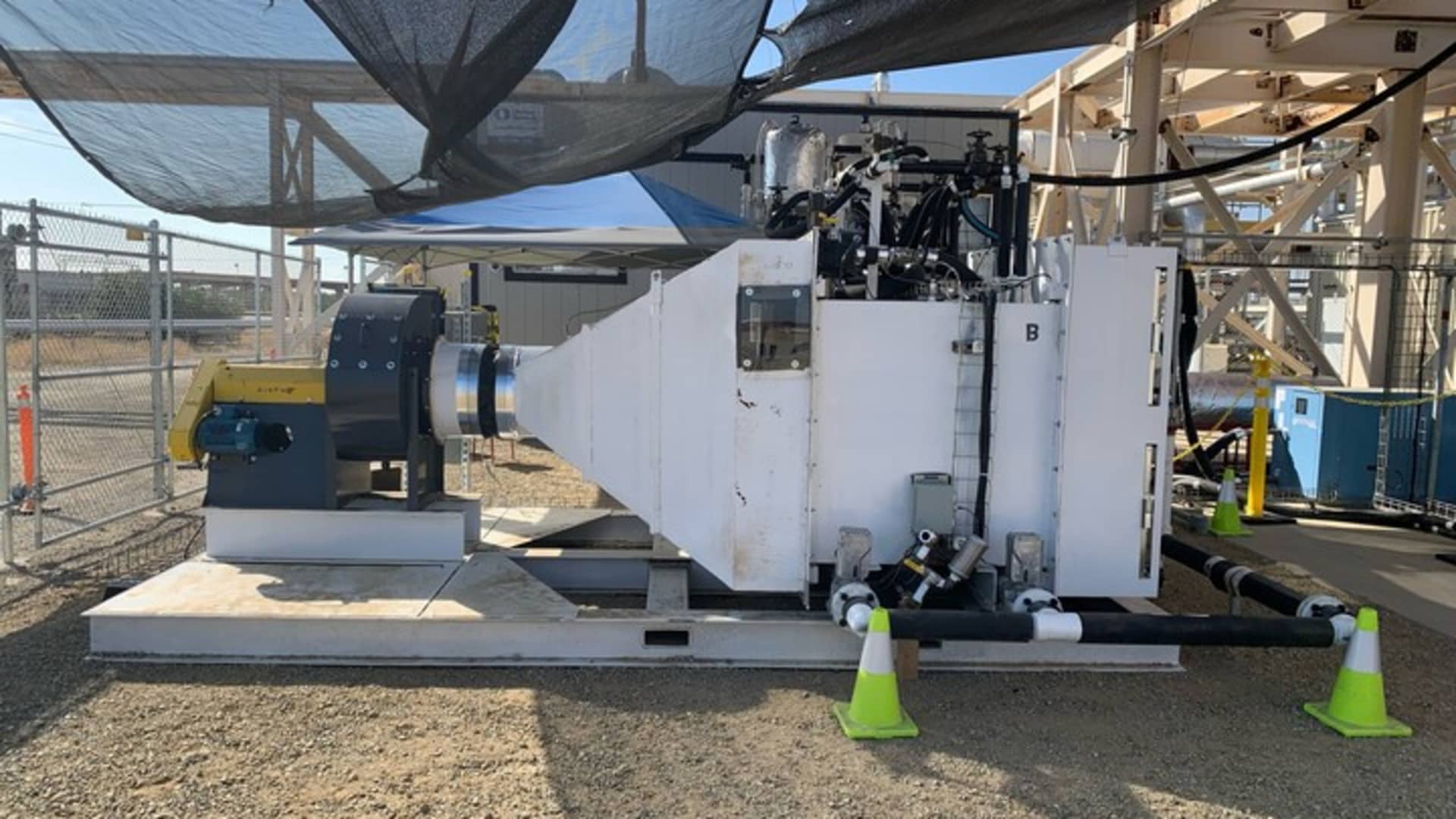Millions to lose affordable internet unless Congress extends subsidies
The FCC said the $14.2 billion that Congress appropriated for the program will run out in April. The program — which the FCC calls the country’s largest internet affordability program ever— will be shut down unless funding is renewed.
FCC Chair Jessica Rosenworcel sent letters dated Monday to congressional leaders seeking $6 billion to continue the program through the end of 2024.
“Absent additional funding, we could lose the significant progress this program has made toward closing the digital divide,” Rosenworcel wrote. “Yet we have come too far with the ACP to turn back.”
The ACP originated as a short-term pandemic measure to ease economic pain by providing low-income households with up to $50 in monthly discounts on their internet bills. As workplaces switched to Zoom meetings, and as schools began remote classes, having reliable internet access became increasingly crucial and the program aimed to help close the digital divide.
The Biden administration has made universal access to high-speed internet by 2030 one of its policy priorities, with a range of measures aimed at ensuring that households in remote areas can have affordable service and that users are not discriminated against by income level, race or other factors. Biden has likened it to the government’s effort in the 1930s to bring electricity to the entire nation, calling internet access a necessity for modern work and life.
The program, dubbed the Emergency Broadband Benefit, was popular with users but not without controversy: A Washington Post investigation found that internet service providers unleashed price increases, service cuts and sometimes fraud as they scrambled for EBB subsidies.
When the EBB ended in 2021, it was replaced by the ACP, which offered similar but smaller discounts to eligible households. The FCC said rural households had a higher enrollment rate under the ACP, though both urban and rural users are eligible.
A household is eligible for the ACP if it’s at or below 200 percent of the federal poverty guidelines — about $60,000 for a family of four — or if it meets other criteria, such as a member participating in certain government assistance programs like the Supplemental Nutrition Assistance Program, Medicaid, federal housing assistance or the National School Lunch Program.
Separate from the ACP, the Biden administration in June announced more than $42 billion in new federal funding to expand high-speed internet access nationwide. About 7 percent of the country still does not have broadband internet service that meets the government’s minimum standards, according to federal estimates.







